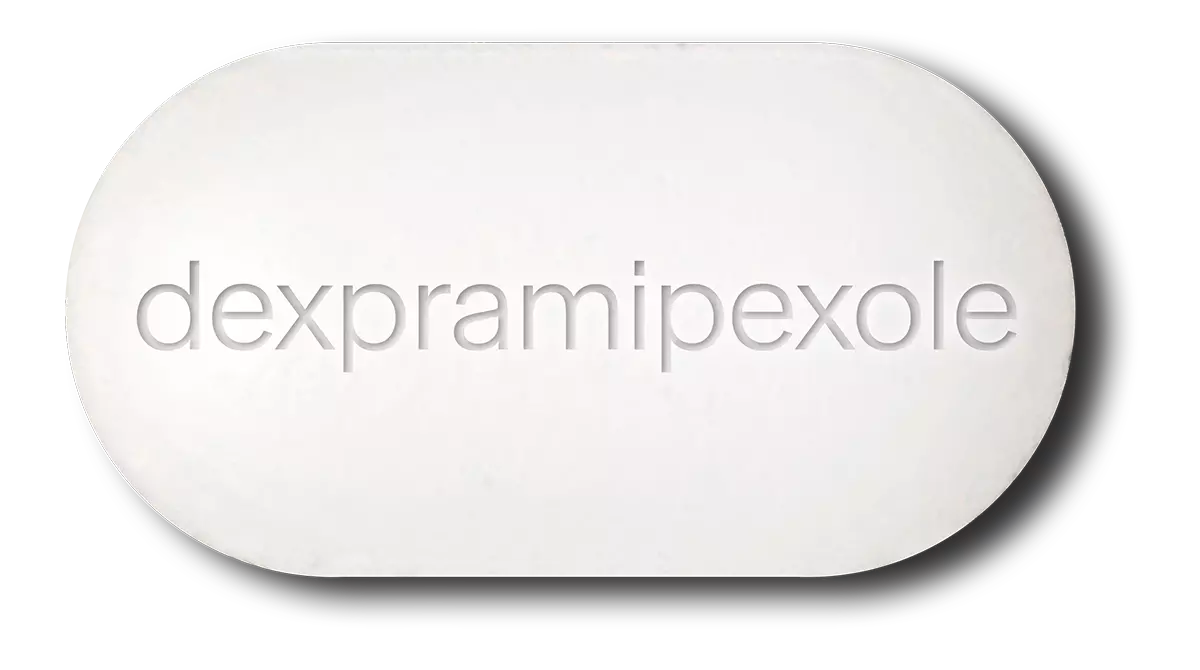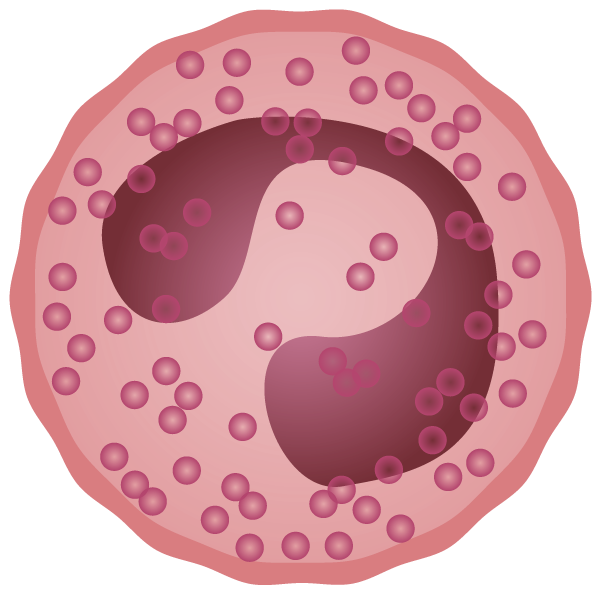
More than half of all people with asthma have the eosinophilic subtype, which is often severe.
What is eosinophilic asthma?
Eosinophilic asthma is asthma accompanied by high eosinophil counts, in the blood or in the lungs. Research studies have shown that eosinophil counts, as measured in a routine blood test, may predict both the risk of asthma exacerbations (commonly known as asthma attacks) as well as the clinical benefit from newly approved biologic drugs.
What are eosinophils?
Eosinophils are white blood cells that may have evolved to attack parasites. But like other immune cells, eosinophils may turn against the body, simultaneously responding and contributing to inflammation. This occurs in a number of immunological diseases besides asthma, including certain chronic gastrointestinal diseases and hypereosinophilic syndrome, a rare and sometimes fatal multi-organ disease.
Developing a New Era of Eosinophil-targeting Medicines
If approved, dexpramipexole would be the first and only oral for eosinophilic asthma.
A highly effective and well tolerated oral eosinophil-lowering drug would provide a compelling alternative to biologics.
Dexpramipexole will be administered orally, at home, by the patient. We are conducting the studies necessary to demonstrate the safety and effectiveness of dexpramipexole in treating eosinophilic asthma.

Current Treatment Options for Add-On
Therapies for Severe Asthma
Inhalers
Inhalers represent that mainstay of asthma treatment, often in a combination of anti-inflammatory medicines. Inhalers fail to fully control asthma in many patients, and effectiveness is reduced by poor compliance.
Inhalers are first-line treatment for asthma, but are often supplemented by systemic treatments. If approved, dexpramipexole would become an add-on treatment to inhalers.
Biologics
Injectable biologics have been highly beneficial and are often the last hope for people who suffer from severe asthma. Despite these recent advances, biologics are not highly penetrated with less than
1 in 10 eligible patients receiving these treatments. Administered through a needle, biological treatment require a schedule of injections in the clinic or at home.
If approved as a first-to-market oral, dexpramipexole could provide a compelling alternative to biologics and broaden usage to patients in need.

